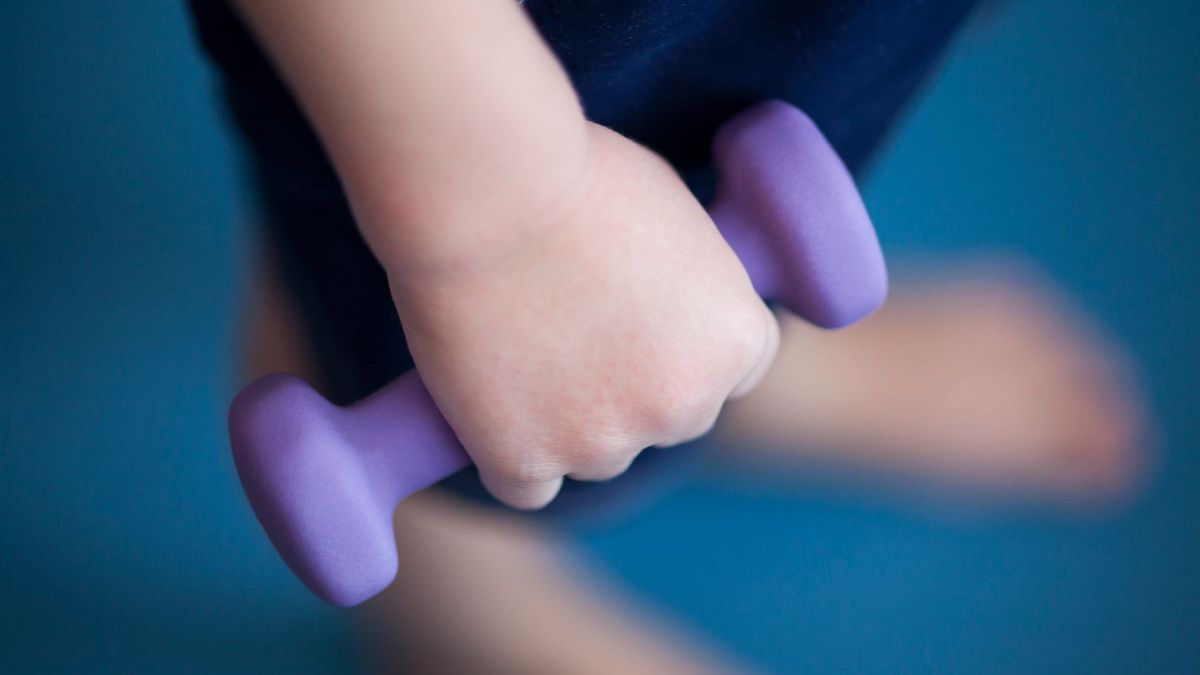Novo Nordisk asked US regulators to approve the drug for children ages 6 to 11. In the EU, it's available for adolescents as young as 12.
An obesity drug from Danish drugmaker Novo Nordisk for adults and teens is safe and effective for use in kids as young as 6 when combined with diet and exercise, according to a small new study that could pave the way for the first obesity treatment for young children.
Liraglutide lowered body mass, slowed weight gain and improved health markers in kids ages 6 through 11, according to the research published in the New England Journal of Medicine and presented at the European Association for the Study of Diabetes in Madrid.
The medication is in a class of so-called GLP-1 drugs that include blockbuster medications like Wegovy and Ozempic – which both come from Novo Nordisk – as well as Eli Lilly rival, Mounjaro. The drugs mimic hormones that affect appetite, feelings of fullness and digestion.
Researchers found that kids who took the drug for more than a year reduced their body mass index – a measure of height and weight that can account for a child’s natural growth – by 5.8 per cent. Children who received the placebo medication saw their BMI increase by 1.6 per cent.
At the same time, children who received the drug slowed their weight gain to 1.6 per cent of their body weight during that period, compared with a 10 per cent gain for those who got placebo drugs.
Based on the results of the trial, Novo Nordisk has asked US regulators to expand use of the medication for kids in that age group, a company spokesperson said on Tuesday. That would make it the first drug available for US kids ages 6 to 11 to treat common types of obesity.
In Europe, doctors can prescribe the drug, which goes by the brand name Saxenda, for children as young as 12.
"To date, children have had virtually no options for treating obesity," said Dr Claudia Fox, a paediatric obesity expert at the University of Minnesota who led the study and receives research funding from Novo Nordisk.
"They have been told to 'try harder' with diet and exercise".
The new study, paid for by Novo Nordisk, included 82 children with an average age of 10 and a baseline weight of about 70 kg. The average starting BMI was 31, above the threshold for childhood obesity.
More than half the children had obesity-related health problems such as insulin resistance, asthma, or early puberty.
In the trial, 56 children received daily injections of up to 3 milligrams of liraglutide for nearly 13 months, while 26 got dummy medications.
All the children received individual counselling to help them follow a plan that called for a healthy diet and 60 minutes a day of moderate to high-intensity exercise.
The study found that 46 per cent of kids who got the drug lowered their BMI by at least 5 per cent, an amount that has been linked to improvements in health problems tied to obesity. In kids who received a placebo, 9 per cent met that mark.
Lower measures of blood pressure and blood sugar were detected in children who received the drug, researchers noted.
Trade-offs of early access to treatments
Given the drug treats the underlying physiology of obesity – a complex, chronic disease that can occur at any age – early use could prevent obesity and life-threatening health problems from extending into the teen years and beyond.
"We want these kids to have long, healthy lives," said Dr Alaina Vidmar, a paediatric obesity specialist at Children's Hospital Los Angeles in the US who wasn't involved in the new study.
"The sooner that we can start, the more likely we can stop them from getting early onset diabetes, early onset heart disease, sleep apnoea, all of those things. Doing nothing is not the right answer".
Notably, side effects were common among those given the drug, particularly gastrointestinal effects such as nausea, vomiting and diarrhoea.
In the six-month follow-up, children in both groups who stopped treatment increased BMI and gained weight, the study found.
Experts said doctors and parents would need to carefully consider those risks and the lack of data about the long-term use of such drugs in young kids.
"Having a medication for that age group, if approved, would be a really nice tool to have, but we're also going to have to be careful about how widely we start using it," said Dr Melissa Crocker, a paediatric obesity specialist at Boston Children's Hospital in the US who wasn't involved in the study.
"And I would answer that differently at 6 than I would at 11".
The trial has been extended to include more treatment and follow-up, with results expected in 2027.















